Would a Later Start Time Benefit Students?
Many Nonnewaug students who go to bed at 10 p.m. may not be getting enough sleep, according to NHS nurse Sandra Snabaitis.
November 14, 2021
How much sleep do you really need?
“Most people I know get around eight hours of sleep,” Nonnewaug nurse Sandra Snabaitis said. “Teenagers actually require more; you’re still growing and the brain continues developing until you’re about 21 years old.”
A survey done among Nonnewaug students found that the average student gets about 6.8 hours of sleep per night; 60% of those students say they don’t get enough sleep to function properly throughout the day.
This brings up the option of starting school an hour later. With 63% of responding students being in favor of the idea and 27% being unsure, it seems to be an appealing option to the majority of students.
However, this sudden shift in times would affect more than one might think. Teachers who had to stay late after school would end up staying even later. Sports times would shift, with athletes barely having time to themselves at home. As days become shorter and shorter, students would get less and less sunlight, a major factor in seasonal depression, according to the Mayo Clinic.
On the opposing side, those who are out of the district will not have to wake up as early. With an increase in sleep, grades will likely increase. A prolonged lack of sleep can lead to memory issues, higher blood pressure, and a raised risk for heart disease, among other problems.
Snabaitis said students need “no less than eight hours a night, [and] some [experts] will say at least 10.” The National Institutes of Health agrees, recommending 8-10 hours of sleep per night for teenagers aged 13-18. This may mean going to bed as early as 8 p.m. for some out-of-district students — giving them just about 4 1/2 hours to themselves after getting home from school.



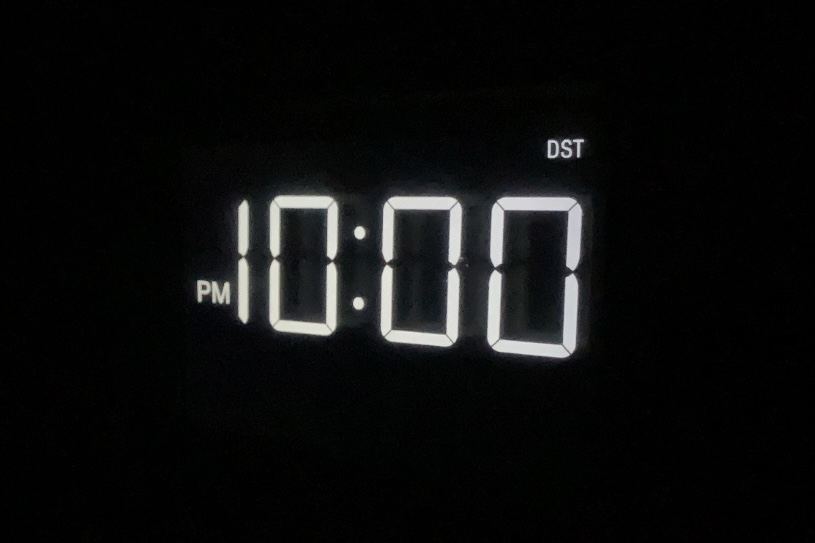



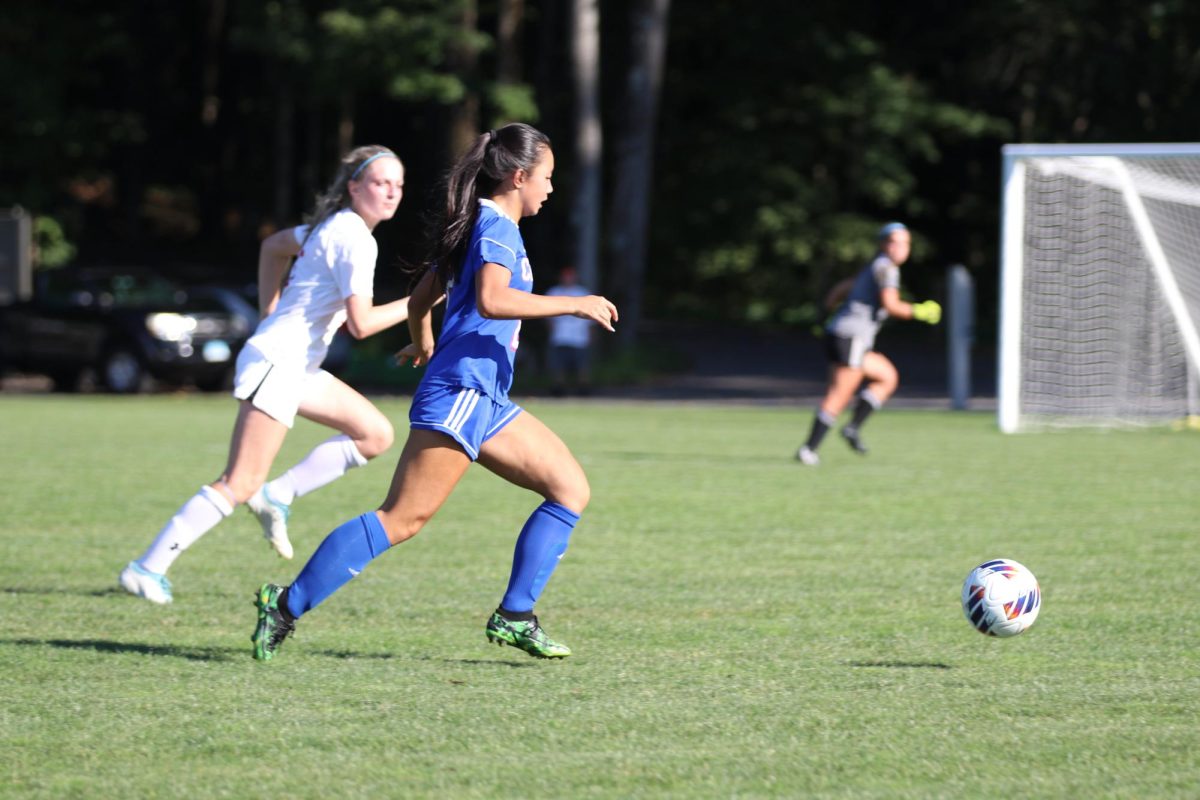


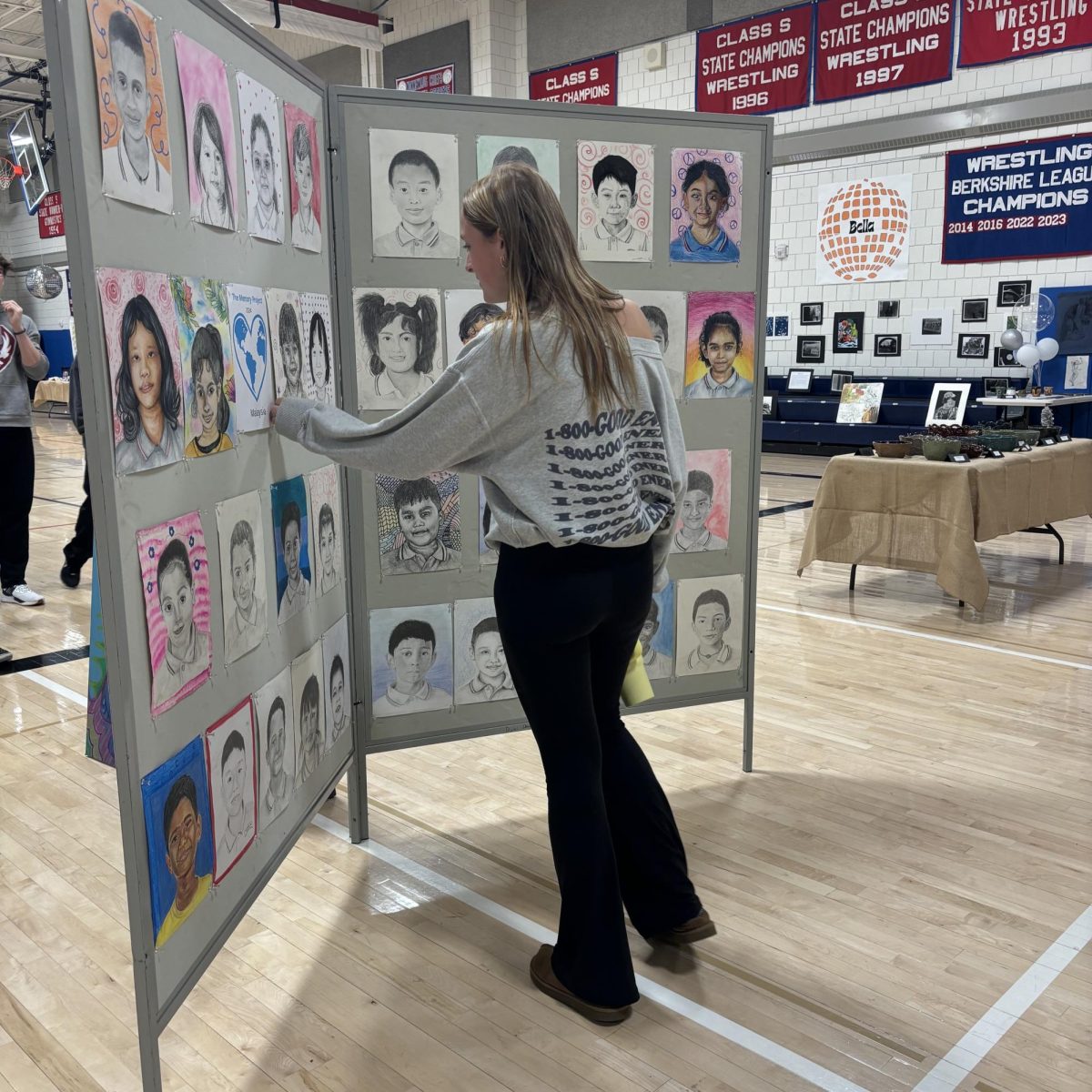









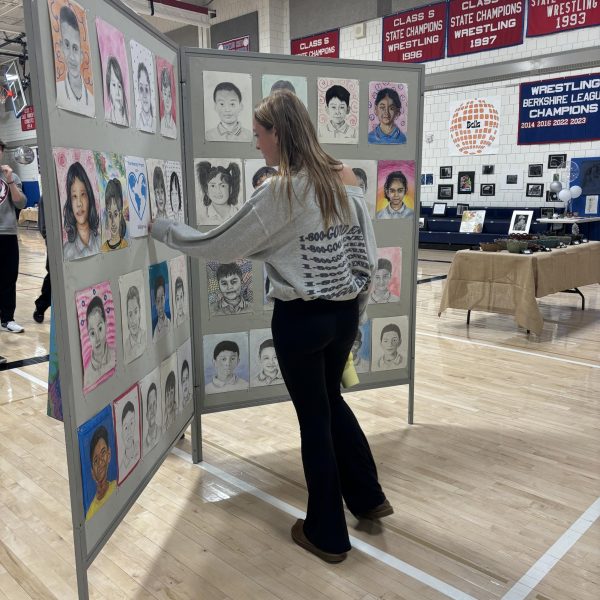

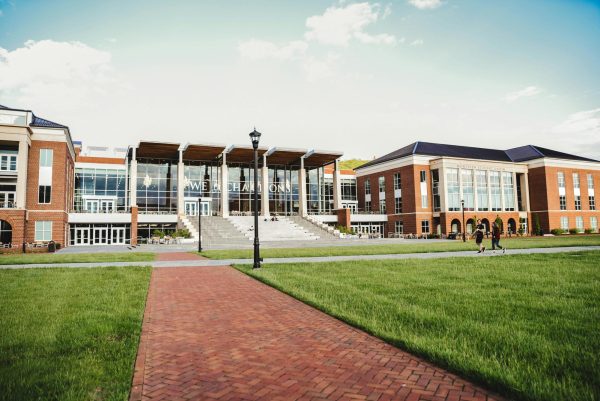

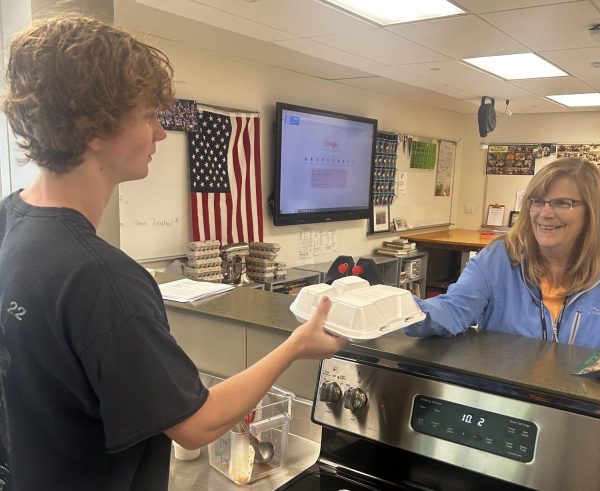
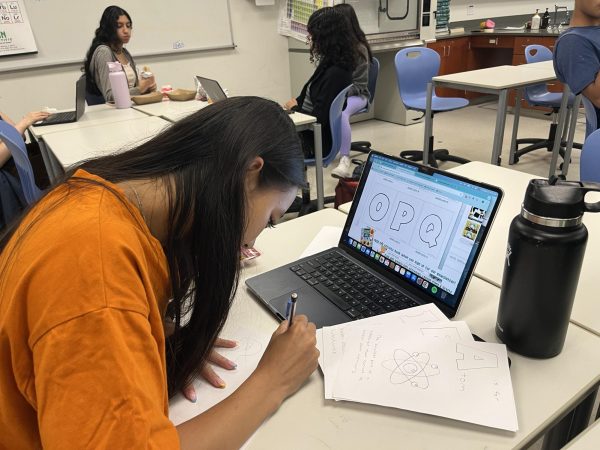
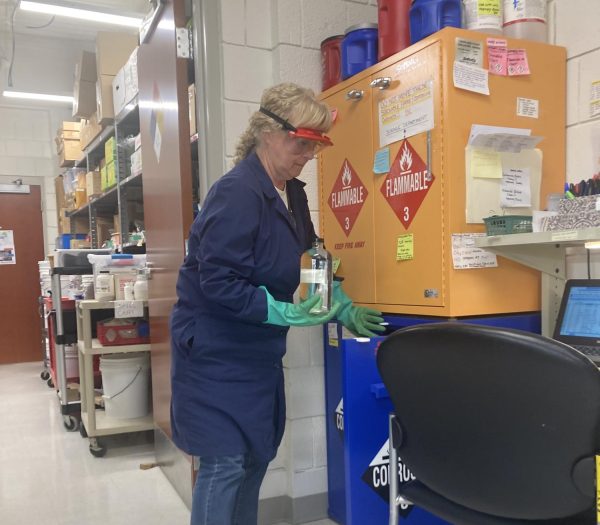


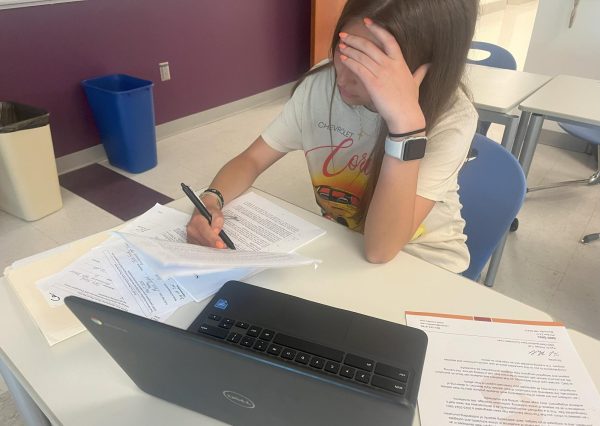
Madelynn • Nov 22, 2021 at 8:00 am
The 4 1/2 hours to out-of-district students is very generous. Some of us play sports too lol